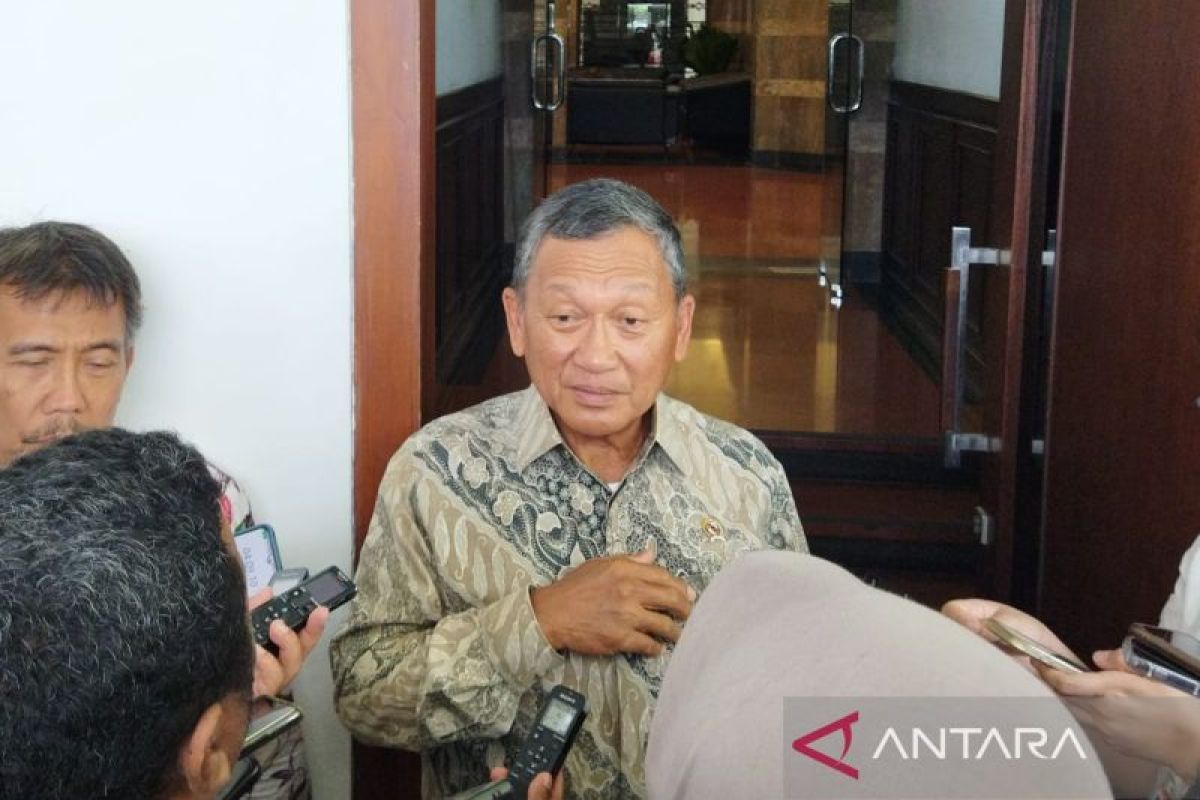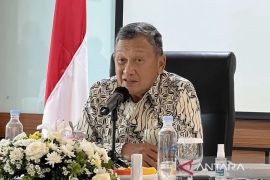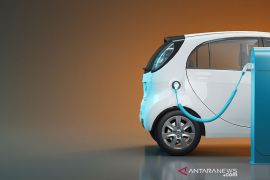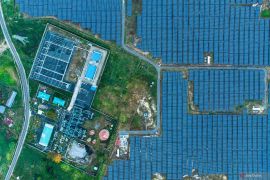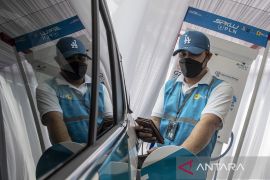Minister of Energy and Mineral Resources (ESDM) Arifin Tasrif noted in a statement from the ESDM Ministry in Jakarta, Wednesday, that the demand for hydrogen is projected to start growing after 2030, with wider use, including in hydrogen vehicles, such as fuel cell models or those run on synthetic fuel, in electricity generators, and as energy storage.
Hydrogen will also be used as part of the decarbonization efforts in hard-to-abate sectors, including shipping, aviation, steel production, manufacturing, and long-distance transportation.
"On a small scale, a pilot project has been carried out for this hydrogen project, but on an economic scale, we are still waiting for developments in industrial technology," Tasrif stated.
Apart from hydrogen technology, the government successfully operated the world's first commercial flight using Bioavtur J2.4 type SAF based on palm kernel oil on October 27, 2023, from Jakarta to Solo.
SAF is produced by mixing EBT fuel and conventional jet fuel. The flight is a form of Indonesia's seriousness in realizing net zero emission (NZE) by 2060 or sooner.
Related news: Govt developing renewables for energy transition : Ministry
"Next, we hope for the construction of a large-scale refinery because bioavtur is one of the targets of international aviation," Tasrif remarked.
Another technology is the use of ammonia produced using natural gas. Future energy production is carried out by converting natural gas into synthesis gas, also known as syngas, which is then reacted with nitrogen to produce blue ammonia.
"The groundbreaking for a blue ammonia (plant) was carried out by the end of last year, which will be built in the Bintuni area with CO2 that comes from the feedstock and processing output, which can be injected into the reservoir in the Bintuni area where the gas has been withdrawn so far," Tasrif elaborated.
He also noted that the development of new energy is the right step toward realizing the national energy transition.
New energy can help Indonesia to reduce dependence on fossil energy while increasing national energy security.
"Apart from that, new energy can also help Indonesia to reduce greenhouse gas emissions and overcome climate change," the minister stated.
Related news: OIKN, Pertamina ink MoU on developing sustainable energy center
Translator: Kelik Dewanto, Cindy Frishanti Octavia
Editor: Yuni Arisandy Sinaga
Copyright © ANTARA 2024
